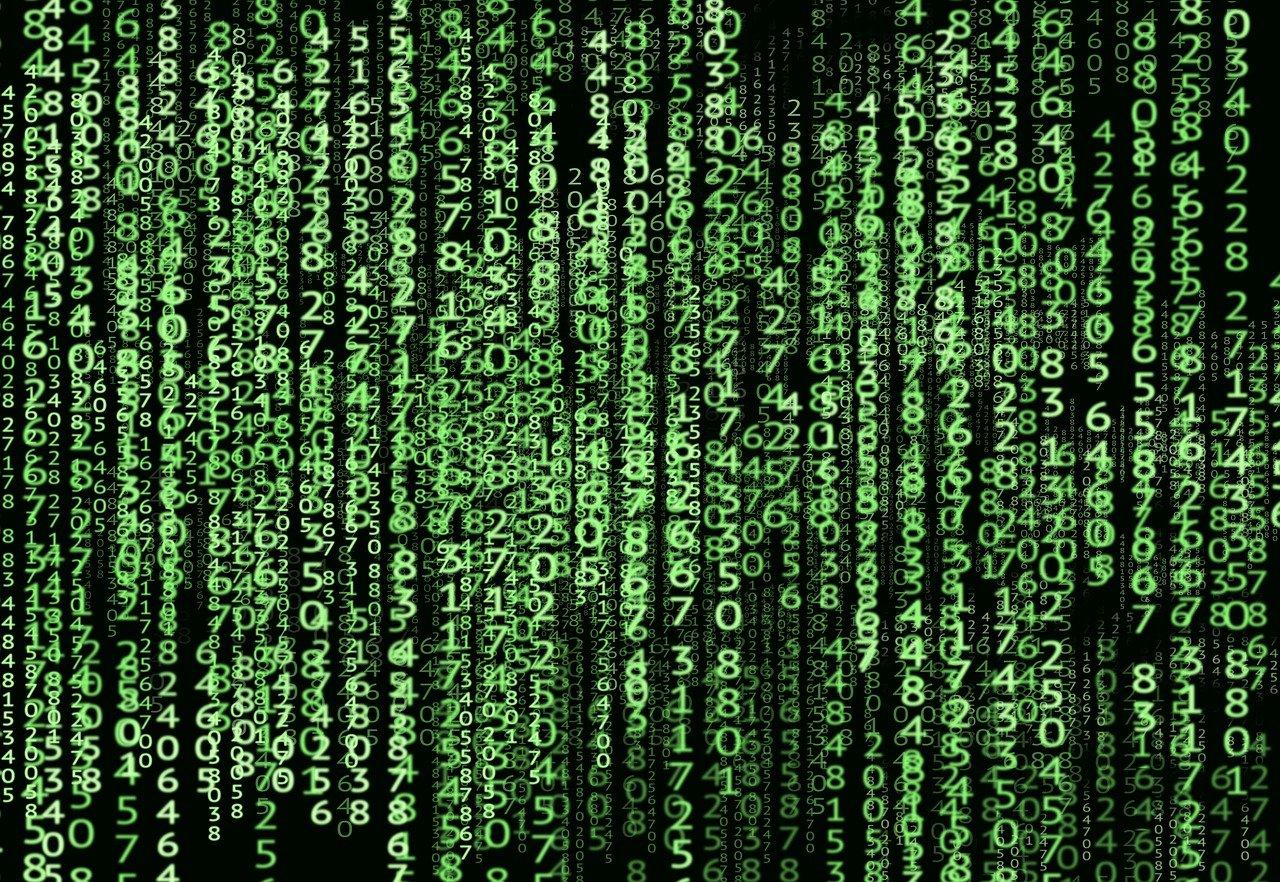Election meddling can be defined as deliberate actions aimed at influencing elections with malign intentions. This kind of harassment and spread of misinformation can target the voting system, parties, candidates, or the media. Hybrid interference towards elections is a complex phenomenon, which also poses challenges to democracies’ possibilities to prepare for these attacks and harassment.
Whether it comes from within the society or through foreign influence, election interference has grave consequences for our democratic system. Although the target may be single elections, these events’ repercussions may affect the trust in the electoral system for a long time, as the distrust lingers in people’s minds. Election interference and distrust might also make people less keen on running for office or voting.
Election interference has grave consequences for our democratic system. Share on XElection meddling also happens in the digital sphere. Candidates running in elections held during the COVID-19 pandemic need to rely ever more on social media and online platforms in their campaigning. Increased online campaigning also increases the risk of election interference through misinformation, digital smear campaigns, or hacking accounts. People’s political trust and knowledge are more than ever created through these online platforms, which means that the consequences of digital election interference and the spread of misinformation can be severe for democracy.
What can be done? It is essential to recognize and know about election meddling and the possible spread of misinformation on an individual level. Candidates and parties have an important role in ensuring that election campaigning is done fairly and in good spirit. This atmosphere of fair election competition gives less room for malign misinformation and smear campaigns.
At the state level, addressing electoral disruption must be not only reactive but also proactive. Share on XAt the state level, addressing electoral disruption must be not only reactive but also proactive. Democracies can share information about the attempts of interference, which would help preparing for these and informing the voters. The hybrid nature of the phenomenon requires co-operation between different ministries within the state and between various organisations internationally. Identifying patterns through shared information on the harassment aids preparing for these attacks and may increase the confidence in the resilience of democracies facing these new threats. What is important to keep in mind, is that when preparing for interference, political rights and freedoms should not be restricted.
No large-scale electoral harassment has yet been observed in Finland. Still, there are already many warning examples of electoral harassment around the world, and new means of harassment are constantly emerging. Proactive approach to election meddling requires work but is vital to guarantee the independence of the elections. Awareness and being prepared for election interference help us create a more robust democracy.
—
The views expressed are those of the author and do not necessarily reflect the views of Demo Finland.

